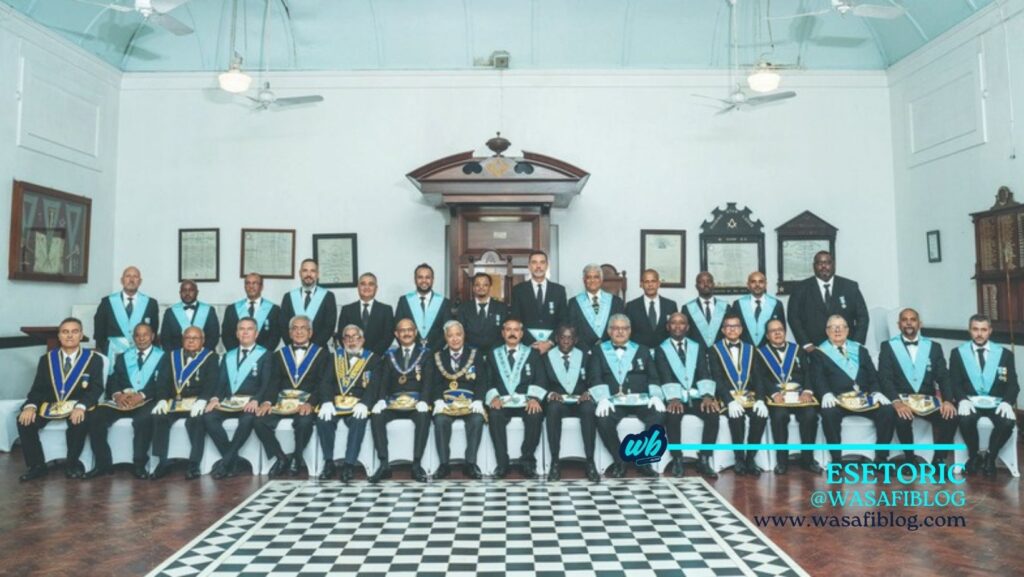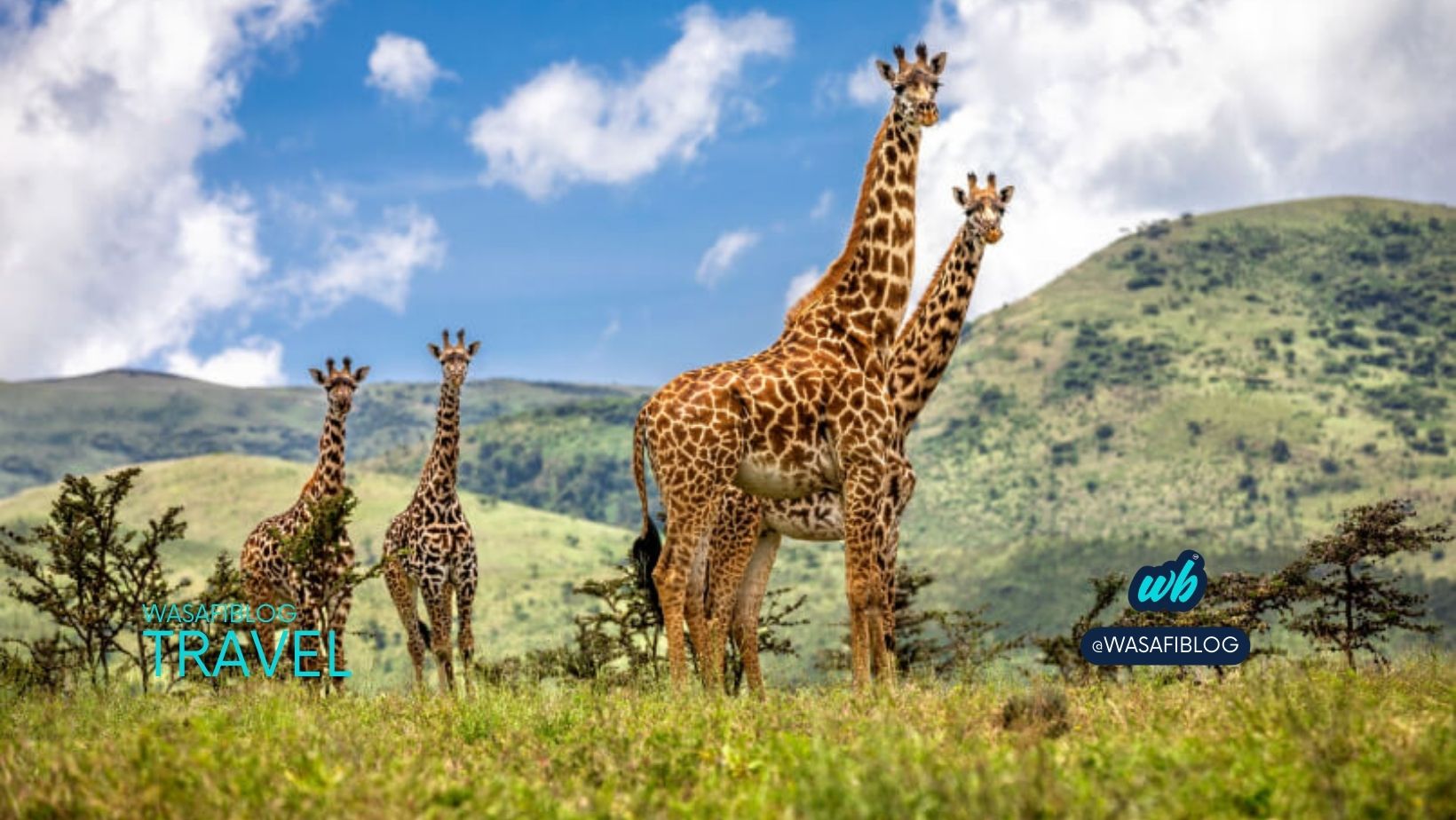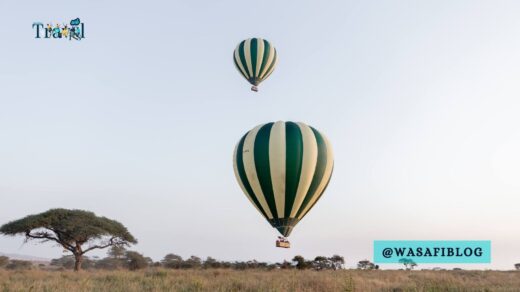Freemasonry in Tanzania: The Brotherhood & the Path to Membership
From bustling cities to quiet villages, Tanzania is a tapestry of traditions and belief systems. Amidst this vibrant cultural landscape, the Freemasons have established a presence. But what does it mean to be a Freemason in the Tanzania context? We’ll explore the history of Freemasonry in Tanzania, and the processes they go through to become a member of this long-standing and often misunderstood organization.

What is Freemasonry?
Freemasonry is a fraternal organization – a society of men (and in some jurisdictions, women) who share common values and principles.
It’s not a religion, although it uses symbolic and allegorical teachings from various philosophical and historical sources. Key aspects of Freemasonry include:
- Brotherhood and Fellowship: Members, known as Masons, build strong bonds of camaraderie and support, fostering a sense of community.
- Moral and Ethical Development: Freemasonry provides a framework for self-improvement, encouraging members to live virtuous lives based on principles like truth, justice, and brotherly love.
- Charity and Community Service: A significant part of Freemasonry is its commitment to helping those in need, often through charitable donations and community projects.
- Symbolism and Ritual: Freemasonry employs symbolic language and rituals, drawn from the traditions of stonemasons, to teach its principles. These practices are meant to be allegorical and introspective rather than literal.
- Non-Religious and Non-Political: While Freemasonry emphasizes morality and ethics, it explicitly prohibits the discussion of religion or politics within its lodges.
As mentioned earlier, Freemasonry is not a religion, though it does require its members to believe in a Supreme Being.
Freemason Members come from diverse religious backgrounds, united by common principles of morality and self-improvement.
Key Characteristics of Freemasonry:
- Fraternal Organization: Freemasonry is an association of men (though there are separate organizations for women in some parts of the world).
- Symbolic Rituals: They employ allegorical stories and rituals based on ancient craft guilds, using tools and symbols of stonemasons to illustrate moral lessons.
- Non-Profit: Freemasonry is a non-profit organization, with funds often directed towards charitable activities.
- Privacy: While not a secret society, Freemasonry maintains a degree of privacy regarding its internal workings, like its rituals and meetings. This is done to preserve the integrity and meaning of its traditions rather than to conceal malicious activities.

Freemasonry in Tanzania: Celebrating 100 years
Freemasonry, a fraternal organization steeped in tradition and symbolism, has a long and complex history in Tanzania.
Its introduction can be directly traced to the colonial era, during which British Freemasons brought order and its practices to the region.
This initial presence was primarily within the expatriate communities, comprised largely of British administrators, businessmen, and other professionals.
Over time, however, Freemasonry began to attract a more diverse membership within Tanzania.
The presence of Freemasonry in Tanzania is a testament to its historical reach and ability to adapt to different societies.
The establishment of Masonic lodges in Tanzania provided a space for social interaction shared rituals, and a sense of community for its members.
The rituals and activities of Freemasonry, rooted in moral and ethical teachings, became a part of the social fabric of the time, particularly within the communities it served.
A significant milestone in the history of Tanzanian Freemasonry was recently celebrated by the Haven of Peace Lodge, No. 4385, in Dar es Salaam. Under the auspices of the District Grand Lodge of East Africa, the lodge marked its 100th year of continuous operation in the country.
This century of activity underscores the enduring nature of the organization and its ability to maintain its structure and traditions despite social and political changes over the decades.
Today, Freemasonry in Tanzania continues to operate, although it remains closely linked to its historical origins.
Many of the Tanzanian Freemason lodges function under the jurisdiction of Grand Lodges located outside the country, most often in the United Kingdom or another Commonwealth nation.
This structure reflects the historical ties and administrative systems established during the colonial period.
This link to larger, international Masonic bodies provides a network for sharing knowledge, traditions, and support within the global Freemasonic community.
Despite its historical connections, Freemasonry in Tanzania is active in its own right. It maintains its presence through various Masonic lodges scattered across the country.
These lodges serve as focal points for members, facilitating regular meetings, rituals, and community-based activities.
In addition to the core principles of Freemasonry, such as brotherly love, relief, and truth, lodges in Tanzania also participate in charitable activities.
This involvement in local communities serves to extend the positive impacts of the organization beyond its internal membership.
Dispelling Misconceptions
It’s important to address some common misconceptions about Freemasonry:
- It’s Not a Cult: Freemasonry doesn’t demand unquestioning devotion or isolation from society. Members are actively involved in their communities.
- It’s Not About Politics: While individual Freemasons may have their own political views, Freemasonry as an organization remains apolitical.
- It’s Not about Power or Influence: Freemasonry focuses on personal development and ethical living, not achieving worldly power.
- It’s Not a Secret Society: It is a private society, meaning some of its workings are not made public. This is different from a secret society, which deliberately hides its very existence. Freemasons openly declare their membership and meet in recognized Lodge buildings.
How to Become a Freemason in Tanzania
The path to becoming a Freemason in Tanzania is a considered process, and it’s not for everyone. Here are the key steps that must be taken:
- Meeting the Basic Requirements:
- Be a Man (in most Tanzanian Lodges): While female Freemasonry exists in some parts of the world, it is not widely practiced in Tanzania. Most lodges will only accept male candidates.
- Be of Good Moral Character: You must have a positive reputation in your community and be a person of integrity.
- Believe in a Supreme Being: While there is no requirement to adhere to a specific religion, Freemasons are required to believe in a higher power.
- Be of Legal Age: The specific age requirement may vary slightly but tends to be 21 or older.
- Be Free and of Good Report: you should be in a sound financial position and be free from negative reports in society.
- Finding a Lodge:
- Research and Seek Information: Identify local masonic lodges in your area. This might require some direct inquiries, as lodge information is not always publically displayed.
- Make Direct Contact: Express your interest in lodge officers and explain how you came to know about Freemasonry and why you want to join.
- The Application Process:
- Petition for Membership: You will need to formally apply for membership to your chosen lodge by lodging a written application letter.
- Interviews and Vetting: You will be interviewed by members of the lodge to determine your suitability and character. They will want to understand your motivation for joining. A background check may be conducted.
- Balloting: The lodge members will vote on your application, and a favorable vote is required for you to be accepted.
- Initiation and Progression:
- Initiation Ceremony: If accepted, you will undergo an initiation ceremony, marking your entry into Freemasonry.
- Degrees and Progression: As you continue your journey in Freemasonry, you will progress through various degrees, each involving further instruction and ceremonies.
Important Considerations for Tanzanians
- Patience and Commitment: Joining Freemasonry is not a quick process and requires significant time commitment.
- Secrecy and Discretion: While not a secret society, Freemasonry values privacy concerning its rituals and internal workings.
- Focus on Self-Improvement: Ultimately, Freemasonry is about personal growth and striving to be a better person, which should be your primary motivation for seeking membership.
Conclusion
The century-long history of Freemasonry in Tanzania is indicative of its adaptability. While firmly rooted in its colonial past, and still maintaining ties to its historical origins through the Grand Lodge system, the organization’s continuing presence demonstrates a commitment to its values and its community.
Today, Freemasonry in Tanzania stands as a reminder of a historical legacy, as well as a continuing tradition of brotherly interaction and charitable endeavors within the Tanzanian landscape.
If you are a Tanzanian man of good character, interested in self-improvement and community engagement, and believe in a Supreme Being, then Freemasonry might be a path worth exploring.
Remember to do your research, connect with Lodges, and approach it with respect and genuine intent.










